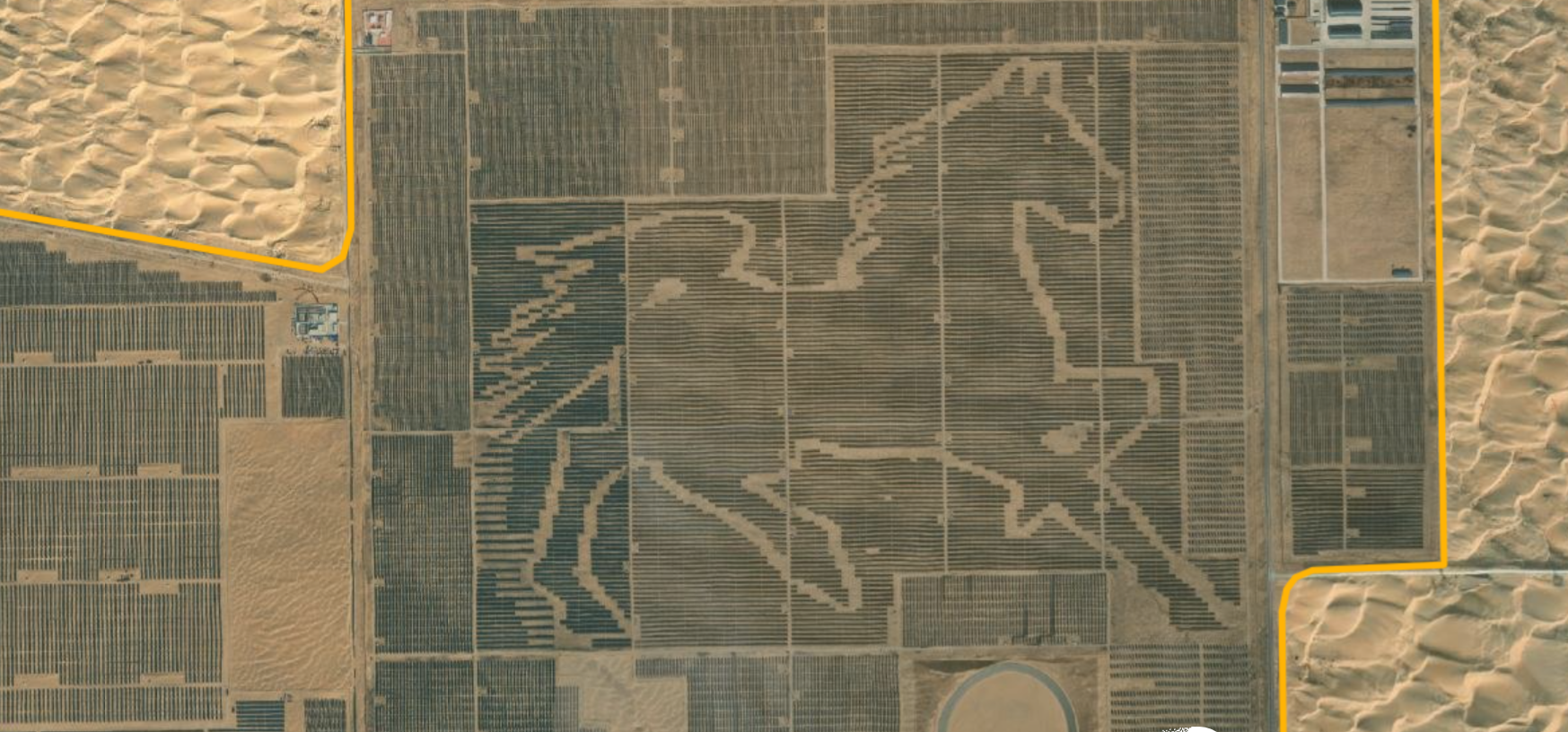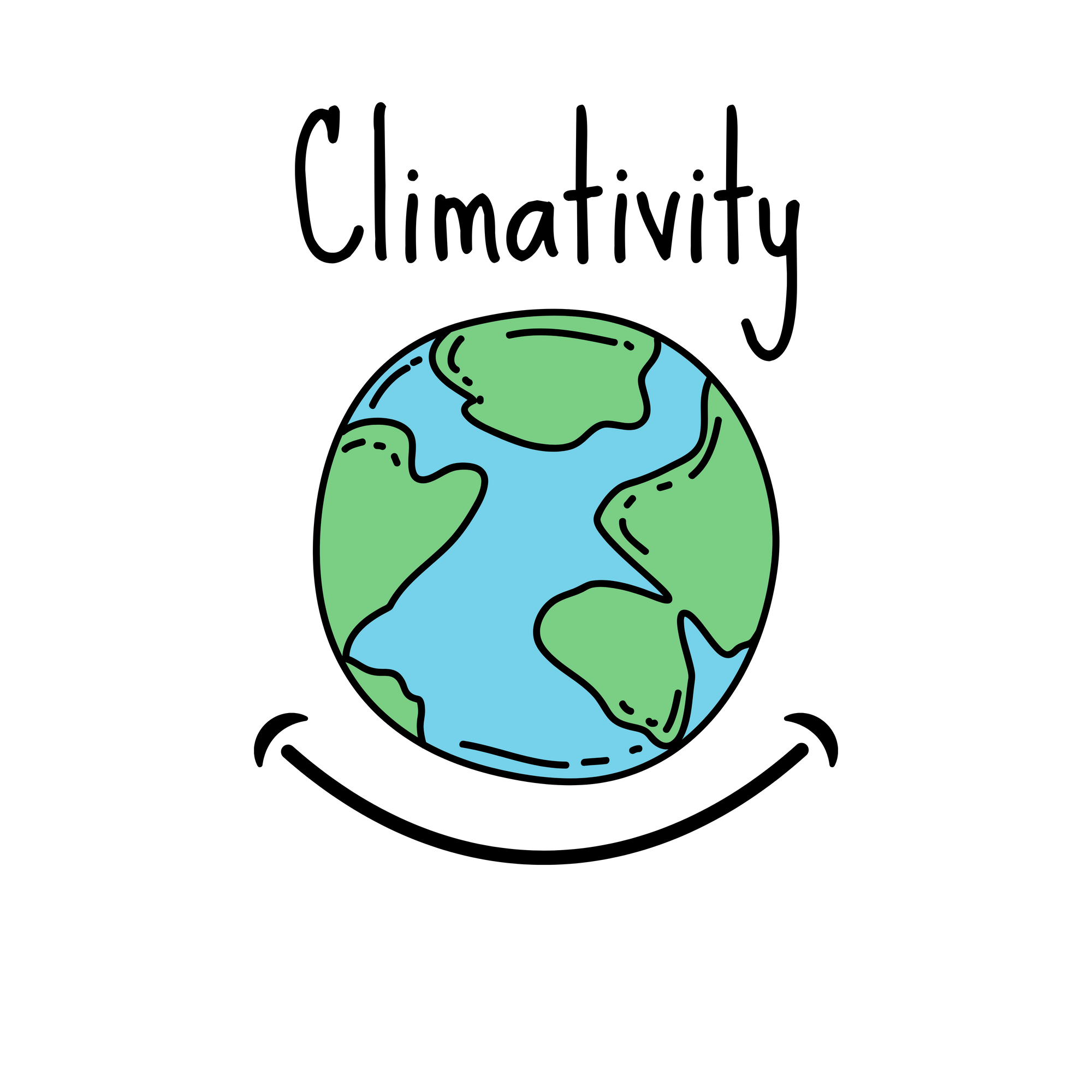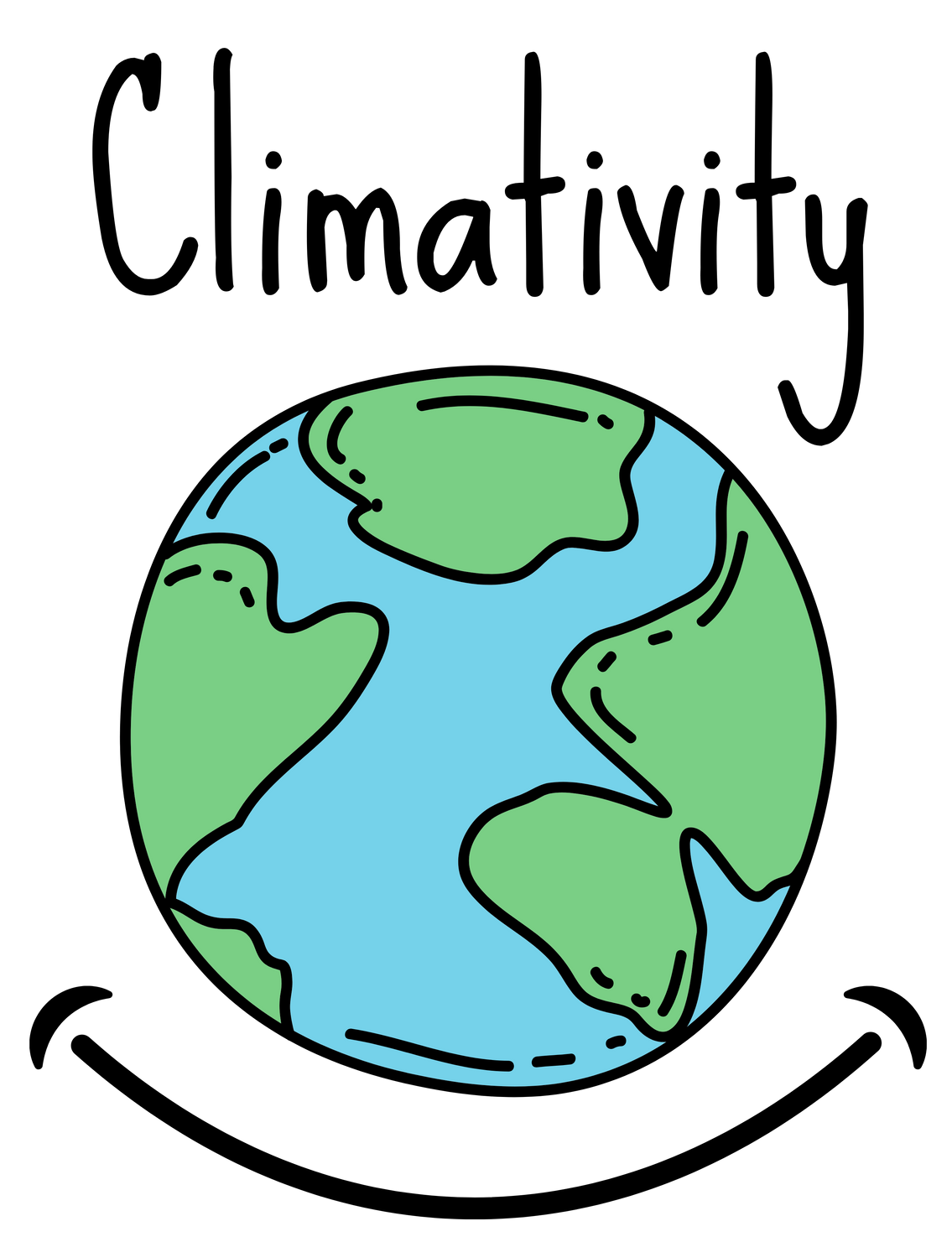no. 108: The best of 2024 so far

Hey friend,
If you're in the US, happy Independence Day. How's your long weekend going? (If you're not, sorry for making you jealous).
I'm in California right now for my brother's wedding (which I'm very, very excited for) and since we're almost exactly halfway through 2024, I thought it would be great to spend this week recapping some of the best stories of the year so far.
I threw in a few new stories as well, but I hope scanning through all this progress can serve as a reminder that even when things feel overwhelmingly negative, there are people all over the world pushing nonstop to move important causes forward. And so many are succeeding.
Let's build off of what's been accomplished and make the second half of the year even better.
The good from Monday, July 1

An open-access map launched by nonprofit TransitionZero found a series of weird and fun shapes built into giant solar farms like pandas, a pegasus, and a certain famous mouse while looking through satellite imagery in 183 countries to help track the fastest-growing energy source ever. (TransitionZero.org & Copernicus Sentinel-2)
The Buenos Aires Zoo has completely transformed from displaying animals for entertainment into an ecological park nursing injured wildlife back to health that educates visitors while rewilding and protecting Argentina’s biodiversity. (Mark Hillsdon|The Guardian)
A last minute negotiation convinced New York City to restore funding for public libraries and community composting thanks to massive public pressure and advocacy from leaders like council member Shaun Abreu and speaker Adrienne Adams. (Emma G. Fitzsimmons & Jeffery C. Mays|NYT)
It’s officially the first day of Plastic Free July which started a decade ago in Australia growing into a global movement with 100 million people in 190 countries pledging to reduce plastics to try and catalyze change and free the world of plastic waste for good. (Plastic Free July)
July 2nd is officially the midway point of the year, so for today's newsletter, let's recap some of the best stories of each month so far
The best of January

African elephant populations were found to be stabilizing in several areas after years of decline thanks to protected areas managed by local communities. (Stuart Butler|Geographical)
1.5 billion fewer plastic bags were used in Colorado in 2023 thanks to a new 10-cent fee. (Rob Harris|ABC)
Hawaii replaced its last coal plant with a giant battery that has the same energy capacity. (Julian Spector|Canary Media)
Banks made more money from green energy investments than fossil fuels for the second year in a row. (Tim Quinson|Bloomberg)
The US paused liquified natural gas exports to assess the environmental impacts. (White House)
China added more solar panels just in 2023 than any other nation has built in total. (Bloomberg)
Several cities started embracing deconstruction of buildings instead of demolition to salvage and reuse materials. (Syris Valentine|Grist)
The best of February

Charlotte the stingray got pregnant on her own despite no male contact for 8 years in a remarkable case of asexual reproduction. (Ben Finley|AP)
Japan launched a satellite made entirely of wood to reduce space pollution. (Robin McKie|Guardian)
Construction progressed for a high speed rail line spanning 171 miles in California, creating 12,000 local jobs and a clean, public way to get around. (Melissa Gomez|LA Times)
$5.8 billion in funding was announced by the White House to help every single US state and territory get clean water improvements. (AP)
The River Mersey accomplished the greatest biodiversity recovery Europe has ever seen. (Ed Barnes & Emma Dukes|Liverpool World)
17,000 volunteers found and finished knitting pieces left behind by loved ones who’ve passed away to preserve meaningful handmade items. (Nicola Slawson|Positive. News)
England launched a new rule making housing developments create a 10% INCREASE in biodiversity compared to before construction. (Phoebe Weston|Guardian)
Over 100 new unusual-looking species were discovered near underwater mountains in Chile never before explored by humans. (GNN)
The best of March

Scientists put speakers in a degraded coral reef and played snaps, groans, and scratches from a thriving one which made larvae up to 7 times more likely to settle back in. (Ian Sample|The Guardian)
The world’s biggest seed vault received its largest batch of seeds from new contributors with 77 countries now protecting against threats. (Reuters)
The FDA banned harmful forever chemicals called PFAs in many food packagings. (Brenda Goodman|CNN)
Research revealed air pollution levels in Europe have improved over the past 20 years. (Helena Horton|The Guardian)
A new satellite launched to monitor and find methane leaks and increase accountability. (Malika Khurana & Hiroko Tabuchi|NYT)
Aruba drafted a constitutional amendment to recognize that nature has an inherent right to exist. (Katie Surma|Inside Climate News)
France put a bill in motion to penalize fast fashion brands and ban their advertising. (Oscar Holland|CNN)
Asiatic Lions, The Florida Golden Aster, and Costa Rican crocodiles had population increases thanks to conservation. (Times of India, FWS, Tico Times)
The world’s largest dark sky area was certified in the Oregon outback. (Dani Anguiano|The Guardian)
DO SOME GOOD: Comment your favorite story of the month at the end of this post!
The best of April

Indigenous leaders signed a treaty giving whales personhood status (Remy Tumin|NYT)
A stunning full solar eclipse took place in the North America (Aliza Chasan & Taylor Johnston|CBS)
The EPA said coal power plants must slash emissions by 90% or shut down (Lisa Friedman & Coral Davenport|NYT)
Garbage cafes letting people trade in trash for food came to Delhi, India (Rishabh Jain|RTBC)
Texas buildings turned off non-essential lights as 2 billion birds migrated by star and moonlight (Andy Corbley|GNN)
A human rights court ruled Switzerland failed to take climate action and must do better to protect citizens (Isabella Kwai & Emma Bubola|NYT)
Biking became more popular and common than driving in central Paris (Carlton Reid|Forbes)
$7 billion launched to build solar in low income communities all over the US (Alison F. Takemura|Canary)
After decades of negotiations Canada recognized the indigenous Haida nation as owners of 200 islands (Leyland Cecco|Guardian)
The best of May:

The Debt Gala was held as an anti-Met Gala to raise funds for medical debt (Alex Vadukul|NYT)
Scientists were hearing blue whale conversations more often hinting at a population increase (Luca Ittimani|The Guardian)
A new report found 30% of the world’s electricity is now renewable (Jillian Ambrose|The Guardian)
Activists in Patagonia won a decade-long fight to protect the Cochamó Valley (Andy Corbley|GNN)
NASA used a supercomputer to simulate entering a black hole using 10 terabytes of data (NASA)
A badass group of 35 indigenous women patrolled and protected the Ecuadorian Amazon rainforest (Gabriela Barzallo|BBC)
8 Caribbean countries formed an alliance to implement circular economy solutions (Sandra Weiss|Mongabay)
Vermont passed a bill (made official in June) requiring utilities to have 100% renewable power by 2035 (Abagael Giles|Vermont Public)
Iberian lynx populations passed 2,000 as conservation efforts continue to work (Simon Hunter|Olive Press)
The best of June

A study found that elephants call each other by name, just like humans (Cristen Hemingway Jaynes|Ecowatch)
The UN called for a global ban of fossil fuel ads to hold the “godfathers of climate chaos” accountable (Oliver Milman|The Guardian)
The EU approved a nature restoration law requiring all 27 members to restore a fifth of their land and water by 2030 (Samuel Petrequin|AP)
The UK banned sustainability labels without clear data to back up claims (Greg Ritchie and Frances Schwartzkopff|Bloomberg)
Google dropped a new Map showing all the public bathrooms in New York City (Brianna Perry|Secret NYC)
A poll revealed most US voters support legal action against Big Oil (Dharna Noor|The Guardian)
Two high schoolers built an ultrasound system filtering 94% of microplastics out of water (Clair Elise Thompson|Grist)
Efforts to protect the ozone layer started in 1987 were found to be 5 years ahead of schedule (Guardian)
Indigenous Peruvian women from 29 communities won a 4-year battle to classify the Marañón River as a living being (Juana Vera Delgado|Common Dreams)
Thanks for sticking around and spreading this good news. The news we hear about can feel overwhelmingly negative, but by remembering all the progress that's also been made so far in 2024, we can feel empowered to keep the good going. Let's make the second half of the year better than the first!
See you again soon,
Jacob

Spread this breath of fresh air🪴
By supporting Climativity, you're helping these good stories reach more people around the world.
Support good news & independent publishing





Member discussion